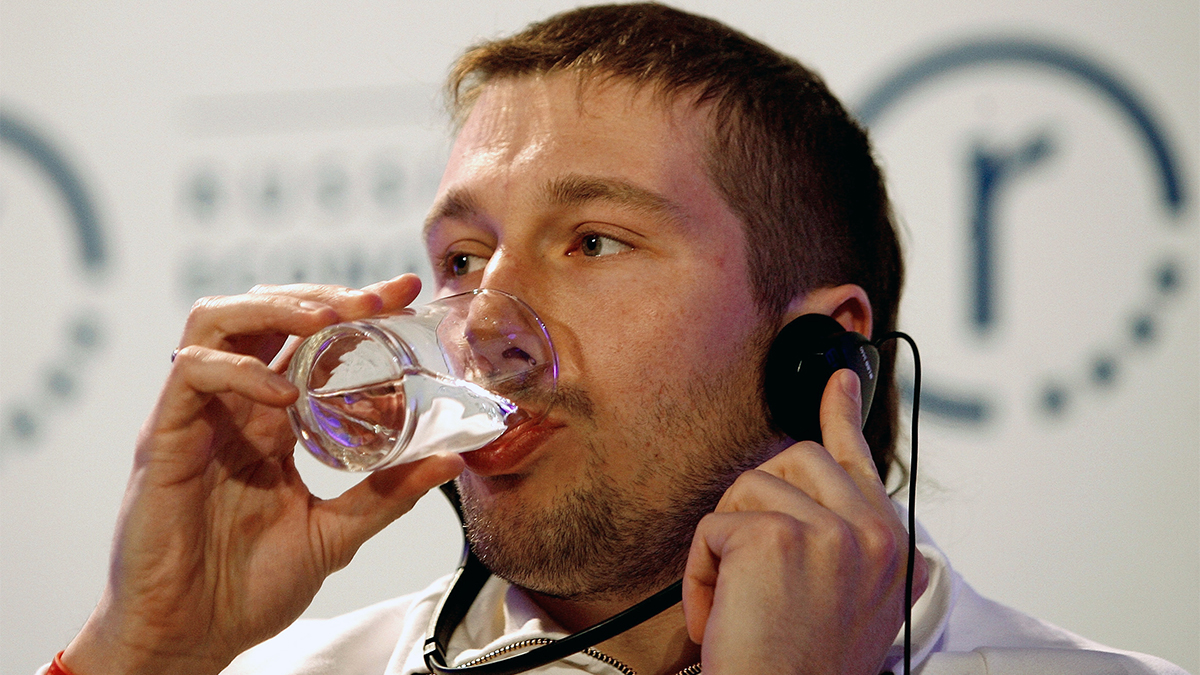European intelligence agencies have reported a dramatic rise in Russian sabotage operations across the continent since the invasion of Ukraine in 2022 which were initially limited to disinformation and cyber operations. Gradually these attacks have evolved into a broad campaign of physical sabotage targeting key sectors.
According to data compiled by The Associated Press, over 70 such incidents have occurred, with a sharp uptick in 2024, marking nearly triple the number of attacks compared to the previous year.
The targets now include critical transportation systems, energy infrastructure, government facilities, water supplies, civil aviation and industrial sites. Attack methods have expanded to include arson, explosives, electronic sabotage and direct assaults using blunt weapons.
A European intelligence official quoted anonymously by The Associated Press warned that the shift from digital to physical threats increases the potential for civilian harm as violence escalates in both frequency and intensity.
Amateur operatives and high stakes
Authorities indicate that Russia’s military intelligence service, the GRU, is orchestrating many of these acts by recruiting untrained local individuals, foreigners and others with no criminal backgrounds. This decentralised strategy, often conducted through intermediaries and online platforms like Telegram, has allowed Moscow to maintain plausible deniability while creating a flexible network of saboteurs.
In the March 2024 arson of a London warehouse storing supplies for Ukraine, including Starlink satellite equipment, British courts found multiple young men guilty of aggravated arson. Prosecutors stated that the plot had been guided by agents linked to Russia’s Wagner mercenary group, now under the control of the Russian Ministry of Defence, Al Jazeera reported.
The organiser, Dylan Earl, was recruited via Telegram and communicated with his Russian handler using Google Translate. The case revealed the depth of Russian recruitment efforts among disaffected youth in Europe, some of whom were lured with small payments and promises of espionage glory.
Impact Shorts
More ShortsThe trial exposed not only the extent of the damage — an estimated £1 million — but also how close the fire came to causing casualties. A truck driver narrowly escaped injury, and residents of a nearby apartment building had to evacuate as the flames raged close to their homes. According to ABC News, oficials described the attack as reckless, warning that the reliance on amateurs significantly raises the risk of unintended consequences, including death.
Destabilisation as a strategy
Western security officials believe these attacks are intended to destabilise European societies, undermine support for Ukraine and demonstrate Russia’s ability to penetrate deep into Nato and EU territory. A senior analyst at Finland’s Security and Intelligence Service noted that this sabotage campaign is consistent with Russia’s hybrid warfare approach, one that complements conventional military efforts in Ukraine by sowing chaos abroad.
From setting fires to disrupting undersea cables, to attempted bombings and assassination plots, the breadth of the sabotage campaign has grown alarmingly. Officials in Lithuania revealed that a Ukrainian teenager was recruited to plant a bomb at an IKEA store, resulting in a large-scale fire, ABC News reported.
Meanwhile, British intelligence disrupted further plots, including plans to target businesses owned by exiled Russian tycoon Evgeny Chichvarkin, a vocal critic of the Kremlin. Earl, the same individual behind the warehouse arson, had allegedly plotted to set fire to Chichvarkin’s Mayfair wine shop and restaurant, and even discussed kidnapping him, Al Jazeera said in a report.
Europe’s struggles to respond
Despite the mounting threats, European countries have found it difficult to craft a coordinated and effective response. Intelligence officials told The Associated Press that while agencies have increased monitoring and attempted to harden critical infrastructure, current measures remain insufficient.
There is growing concern among security experts and policymakers that Europe lacks a continent-wide deterrence framework capable of dissuading or quickly responding to Russian sabotage.
A senior European intelligence official remarked that as the campaign continues, it has taken on a life of its own, becoming more violent and harder to control. They emphasised that while Moscow attempts to exert “strict operational control,” the use of unreliable middlemen often results in miscommunication, unintended escalation and operational failures.
This was evident in the London warehouse case, where the Russian handler later chastised Earl for acting without permission, stating that his unauthorised arson made compensation “impossible” and jeopardised future missions, ABC News said in a report.
Strengthening defences
In light of these developments, European governments are under pressure to boost resilience against what one official described as a “rolling campaign of psychological and material sabotage”.
Debates are intensifying about the need for stronger counterintelligence, legal frameworks and coordinated strategic deterrence. Britain’s recent application of the National Security Act to prosecute individuals acting on behalf of foreign intelligence is seen as a step forward, but officials caution that a broader, pan-European approach is essential.
Western analysts stress that the attacks are not isolated incidents but components of a systematic effort to destabilise and divide. As Russia continues its military campaign in Ukraine, its concurrent strategy of chaos abroad appears aimed at eroding the political will and societal cohesion of its adversaries. In response, European unity and vigilance may be tested like never before.
)